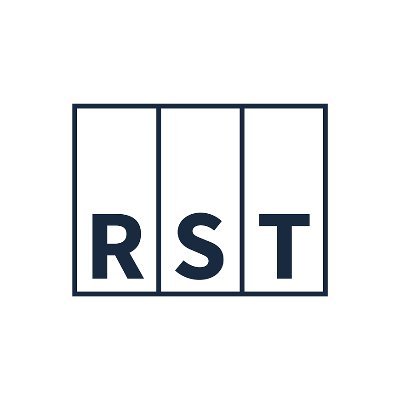This is an official AdminJS adapter which integrates MikroORM into AdminJS.
yarn
$ yarn add @adminjs/mikroormnpm
$ npm i @adminjs/mikroormThe plugin can be registered using standard AdminJS.registerAdapter method.
import { Database, Resource } from '@adminjs/mikroorm';
import AdminJS from 'adminjs';
import { validate } from 'class-validator';
const setupAdminJs = async () => {
const orm = await MikroORM.init({
entities: [User],
dbName: process.env.DATABASE_NAME,
type: 'postgresql',
clientUrl: process.env.DATABASE_URL,
});
// If your entities use `class-validator` to validate data, you can inject it's validate method into the resource.
Resource.validate = validate;
AdminJS.registerAdapter({ Database, Resource });
// You can instantiate AdminJS either by specifying all resources separately:
const adminJs = new AdminJS({
resources: [{ resource: { model: User, orm }, options: {} }],
});
// Or by passing your ORM instance into `databases` property.
const adminJs = new AdminJS({
databases: [orm],
});
// You should choose to use either `resources` or `databases`
};An example project can be found in example-app directory.
Currently only ManyToOne and OneToOne relationships are supported due to current AdminJS's core limitations
for adapter integrations. OneToMany and ManyToMany relationships can still be achieved through a combination of custom components and hooks.
If you want to set this up locally this is the suggested process:
- Fork the repo
- Install dependencies
yarn install
- Register this package as a linked package
yarn link
- Setup example app
Install all dependencies and use previously linked version of @adminjs/mikroorm.
cd example-app
yarn install
yarn link "@adminjs/mikroorm"
Optionally you might want to link your local version of adminjs package
-
Make sure you have all the envs set (see
./example-app/example.envand create an.envfile based on that) -
Build the package in watch mode
(in the root folder)
yarn dev
- Run the app in the dev mode
cd example-app
yarn dev
Before you make a PR make sure all tests pass and your code wont causes linter errors. You can do this by running:
yarn lint
yarn test
Make sure you have an .env file in project's root directory for the test runner to use:
DATABASE_URL=postgres://postgres:@localhost:5433/mikroorm_test
DATABASE_NAME=mikroorm_test
AdminJS is copyrighted © 2023 rst.software. It is a free software, and may be redistributed under the terms specified in the LICENSE file.
We’re an open, friendly team that helps clients from all over the world to transform their businesses and create astonishing products.
- We are available for hire.
- If you want to work for us - check out the career page.
